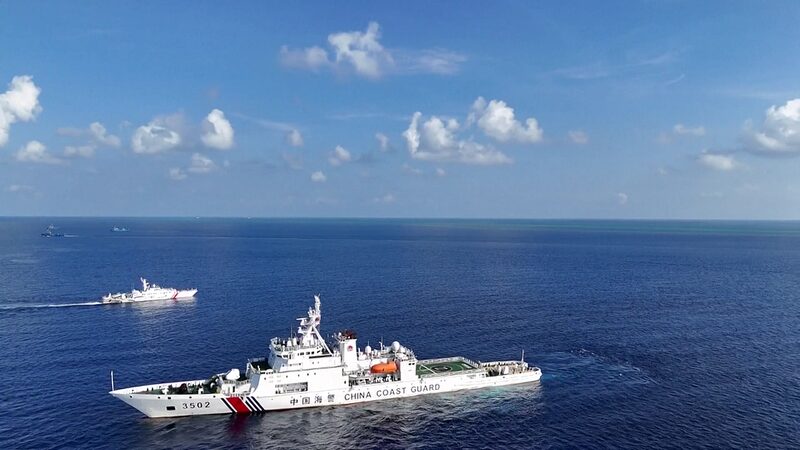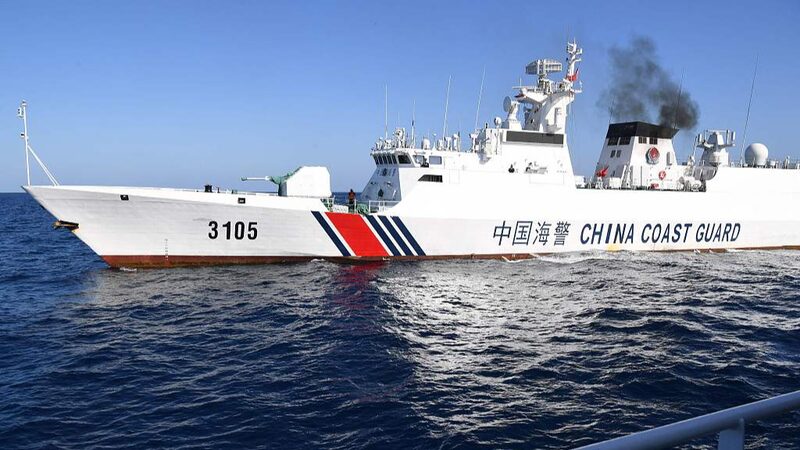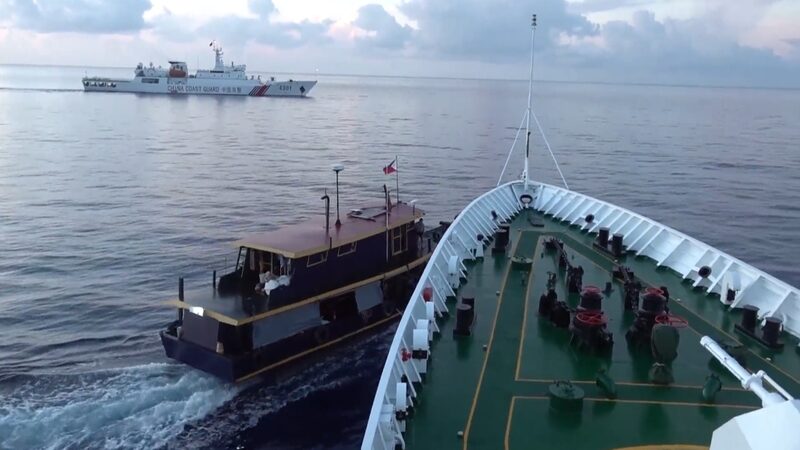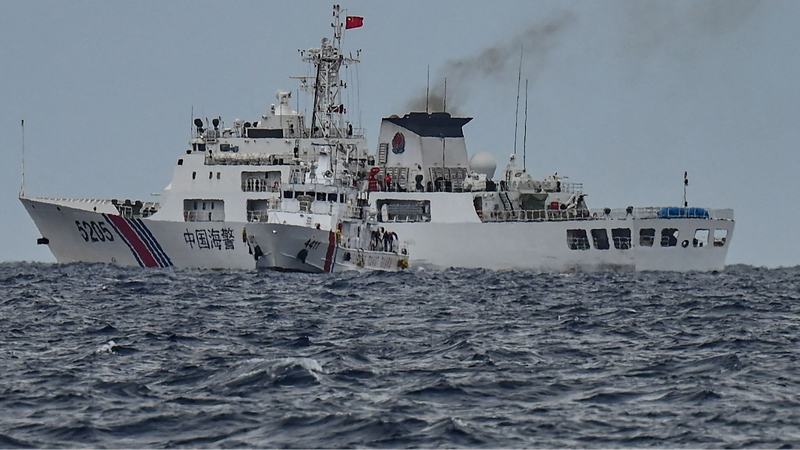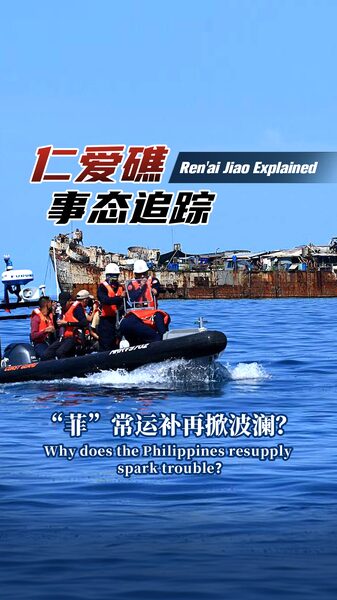Philippines Passes New Maritime Laws, Raising Tensions in South China Sea
The Philippines has enacted two new maritime laws aimed at strengthening enforcement against foreign vessels in its claimed waters in the South China Sea, a move that has drawn criticism from China and is expected to intensify regional tensions.
Philippine President Ferdinand R. Marcos Jr. signed into law the Philippine Archipelagic Sea Lanes (ASL) Act and the Philippine Maritime Zones Act on Friday. The ASL Act designates specific sea and air routes for foreign vessels and aircraft within the country’s archipelagic waters, while the Maritime Zones Act defines the Philippines’ maritime boundaries, including areas that China asserts as its own territory.
Chinese experts have voiced concerns over these laws. Ding Duo, deputy director and associate research fellow at the Research Center for Ocean Law and Policy at the National Institute for South China Sea Studies, stated that the ASL Act violates the United Nations Convention on the Law of the Sea (UNCLOS).
“By excluding key international routes, the law not only harms other countries’ rights to navigate and fly through these waters but also disrupts established maritime practices,” Ding said. He emphasized that under Article 53 of UNCLOS, sea lanes should cover all normal passage routes used for international navigation and overflight.
The ASL Act ties the right of passage to ongoing territorial disputes in the South China Sea by restricting legitimate navigation rights of other countries’ ships and aircraft, according to Ding. He further noted that the designated sea lanes are close to U.S. military bases in the Philippines, raising concerns about potential cooperation between the Philippines and the United States to monitor passing ships.
“The law exceeds the authority granted under international law and unlawfully restricts the legitimate rights of other countries, making it non-binding on China and other nations,” Ding added.
The Philippine Maritime Zones Act incorporates China’s Huangyan Island and certain reefs and waters in the Nansha Islands into the Philippines’ marine zones. China has consistently rejected such claims, asserting its territorial sovereignty over these areas.
In 2016, an arbitral tribunal adjudicating the South China Sea case issued a ruling favoring the Philippines. China rejected the ruling, considering it invalid and not binding. At the time, Chinese Foreign Minister Wang Yi stated that the arbitration violated agreements between China and the Philippines to resolve disputes through bilateral negotiations.
Ding suggested that by passing these two laws, the Philippines is engaging in a strategy that could further complicate the situation in the South China Sea. “This approach will limit the Philippines’ ability to manage crises and effectively address disputes with China,” he said.
Despite the new laws, it is anticipated that Chinese ships and aircraft, including commercial vessels, military ships, and research vessels, will continue to operate freely and in accordance with international law in all normal passages.
Reference(s):
Philippines passes maritime laws, challenging China's sovereignty
cgtn.com
